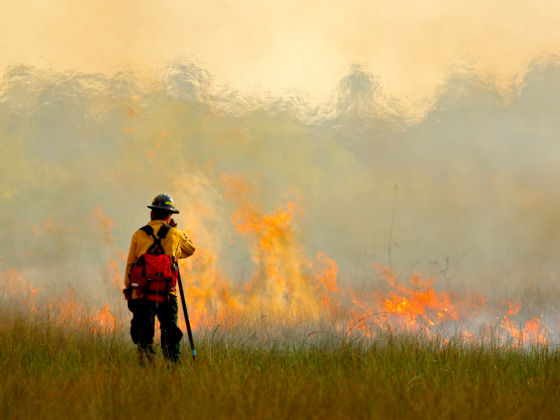Yesterday, Yosemite National Park authorities evacuated all visitors from the California park’s lodges and campgrounds due to a large wildfire nearby. Although the fire has not reached the park, the air quality has been deemed very unhealthy due to smoke filling the Yosemite Valley. Travelers to the park are disappointed, but their safety and the work of the firefighters take precedence.
Wildfires are terrifying, so here’s what travelers can do to prevent them and how they can prepare themselves if they are staying in a sensitive area.
